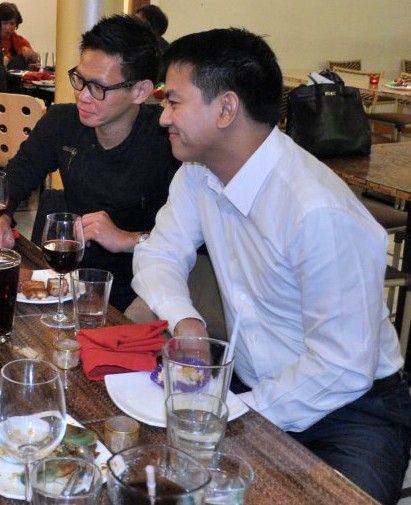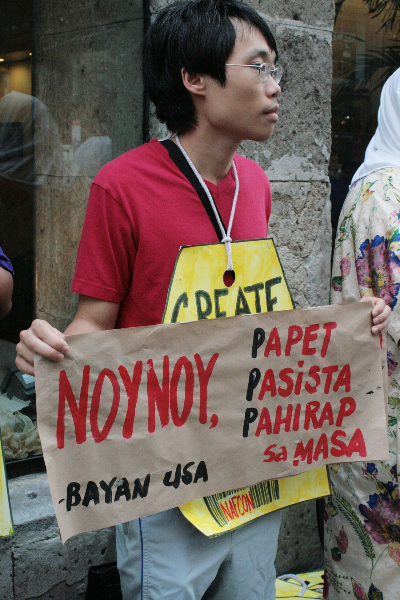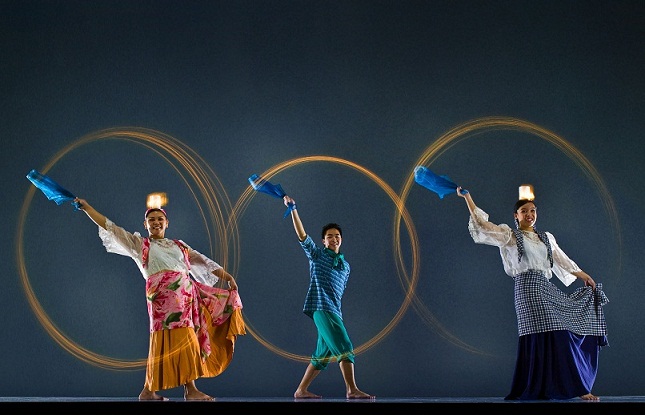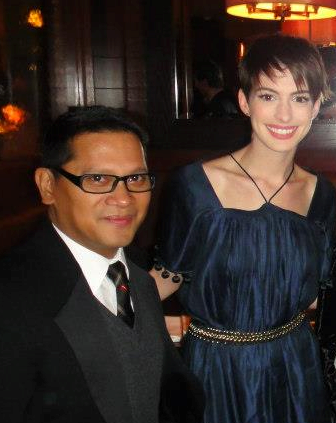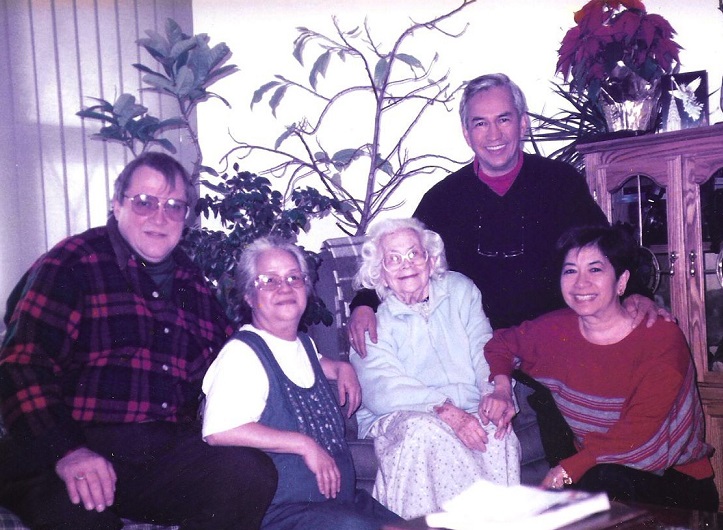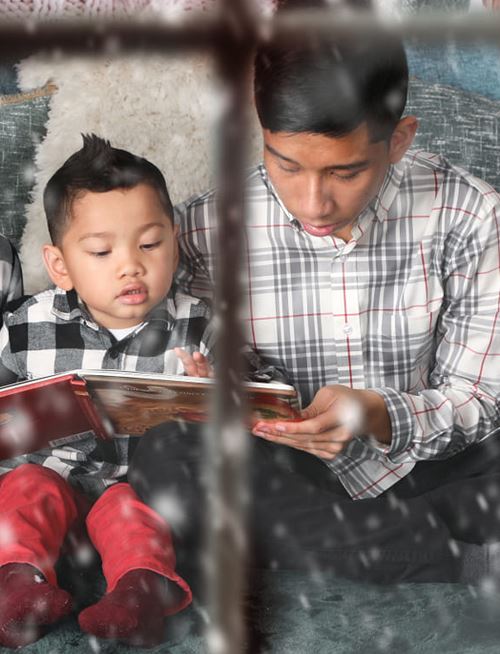A plea for kindness, understanding from mom, teacher of special needs children
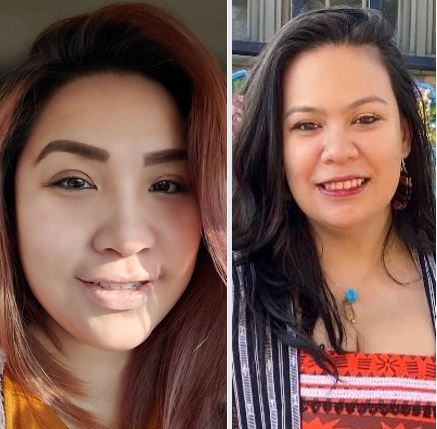
By Veana del Carmen Pastor
They’re called “special” for a reason, children who are a little bit different, some a little bit slow, others a little bit frisky, still others with exceptional abilities we may never be able to understand.
Why are they excellent with numbers, why is their art so beautiful, their music so uplifting?
Children with special needs was a recent topic on Makilala TV, the longest running talk show for Filipinos in the New York metro area. On the panel was Casey Deleon Pinola, a mother from Queens who is raising two neurodiverse sons, one of them a teenager, and a daughter. This mother and caregiver has experienced anxiety, burnout, stress but has created a home where her children feel safe, loved and cared for.
Joining her was Deirdre Levy, a special education teacher in Brooklyn, who has known families like Casey’s. She and other teachers try to support children outside of their homes, providing them education, guidance and additional life skills they would need as they advance in years.
Casey said she would like people to be more understanding of children with autism, but acknowledged there would always be stigma attached to the condition.
Her eldest child Carlos is 16 years old. She shared how doctors had told her he could never walk or talk when he was 2 years old. The boy has obviously defied doubters and naysayers as he is currently in his second year in college.

“I was 20 years old when my son got his diagnosis. Carlos was 2 years old then, and it was rather definitive that they told me he would never walk or talk,” she said.
Casey went on to applaud her son for pursuing a college education and deciding to study biology.
She said, “My 16-year-old son goes to college through a program he is enrolled in. I am so proud of him and my entire family is very hands-on which is a strange feeling because as Filipinos, we tend to avoid asking for help because we are all about pride.”
She said her mother is a “very strong role model in my life and she taught me how to create boundaries when dealing with those who do not understand our situation.”
She took a soft breath then calmly said, “Just follow your instinct and advocate for your child. Make the other children around your child aware of their diagnoses so they can understand the behavior they do not understand. Children are resilient and the sooner they are exposed to learning, they can grow on their own. Do it in a way that can benefit your child. “
Special education teacher Deidre Levy pointed out that “neurodiverse” is a term that explains different ways of thinking and learning.
As a special needs educator she said she constantly reminds people that neurodivergent backgrounds mean having different approaches to learning. When asked how she introduces her students to others, her response was, “I do not include the word autistic. I do not like to label my students.” She said she prefers to point out their strengths rather than pigeonhole them through labels.
While it is not uncommon for children to have meltdowns, Deidre said, it is usually because “they simply cannot understand what they are doing due to communication issues.”
She said she reminds her students to always ask for help if students become unruly. She explains that in their world, “We are just trying to help them understand in a calm manner and letting them make their own decisions.” Schools offer programs that include prep speech for certain behaviors when special needs students interact with other students. “They are welcomed with open arms and want to ensure that they are safe,” she said.
Casey shared the story of when one of her boys was having a tantrum in a very public place, a mall, and was acting out while lying on the floor.
“I lay down with my child (on the floor). What they are experiencing is…they just want somebody to understand since they can’t communicate (their feelings) properly,” she said.
©The FilAm 2023

